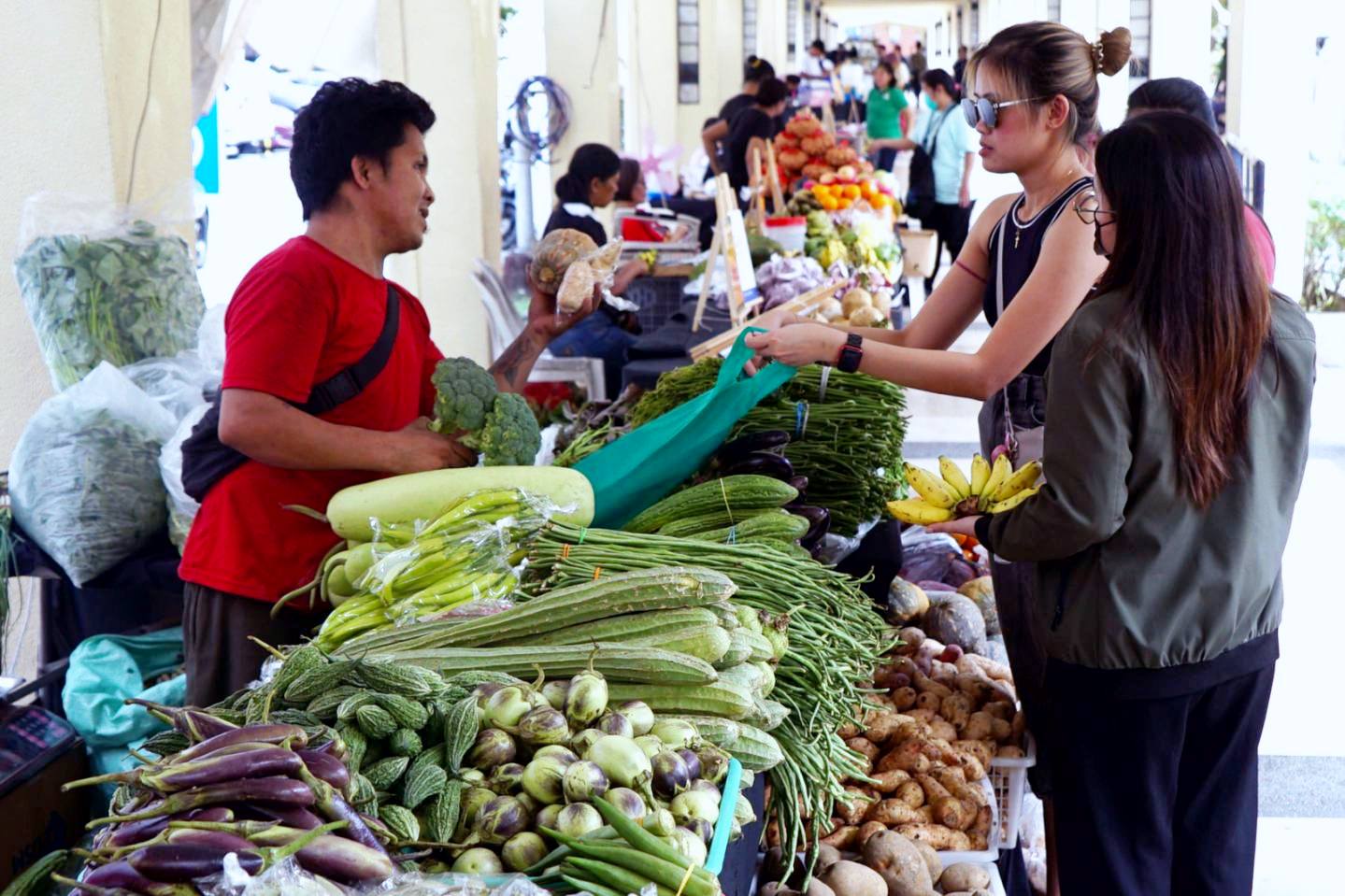
By Brian Campued
The country’s overall inflation rate continued to slow down for the third straight month this year, dropping to 1.4% in April—which is also the lowest recorded since the 1.2% in November 2019, according to the Philippine Statistics Authority (PSA).
This brought the national average inflation rate from January to April 2025 to 2.0%, well within the government’s target range of between 2%–4%.
In a press briefing Tuesday, PSA Undersecretary and National Statistician Claire Dennis Mapa said the downtrend in the April 2025 inflation rate was due to the slower increase in the prices of food and non-alcoholic beverages at 0.9% from 2.2% in March.
“Ang pangalawang dahilan ng mas mababang antas ng inflation nitong Abril kumpara noong Marso ay ang mas mabilis na pagbaba ng presyo ng transport sa antas na negative 2.1% inflation,” Mapa said, citing faster decrease in the prices of gasoline and diesel.
Food inflation also eased to 0.7% in April this year from 2.3% in the previous month and 6.3% in April 2024 due to: faster year-on-year decline of rice index; slower inflation rates of vegetables, tubers, plantains, cooking bananas, and pulses; and fish and other seafood.

Gov’t to continue close monitoring of commodity prices
The Department of Economy, Planning, and Development (DEPDev) assured that the government will continue to “vigilantly monitor price shocks and proactively temper inflationary pressures” following the easing of inflation in April.
In a statement, DEPDev Usec. Rosemarie Edillon welcomed the latest inflation data, calling it a “positive sign” that the government’s policy interventions are working.
“We must continue to push for decisive coordination to ensure price stability, especially for essential commodities. Our goal is not only to reduce inflation but to ensure that its benefits are felt by every Filipino household—through lower food costs and improved access to basic goods,” Edillon said.
According to the DEPDev official, the Department of Agriculture (DA) is also closely monitoring agricultural production and market prices and has reconstituted the Inter-Agency Livestock Data Analytics Group “to support data-driven decision-making in the meat and poultry sectors.”
Edillon also highlighted the National Economic and Development Authority (NEDA) into the DEPDev, making the agency “better positioned” to develop policies aligned with the administration’s socioeconomic goals.
“We are committed to developing forward-looking, strategic policies that promote sustainable and inclusive economic growth, generate quality jobs, manage inflation, and protect the purchasing power of Filipinos,” she added.
—iro
